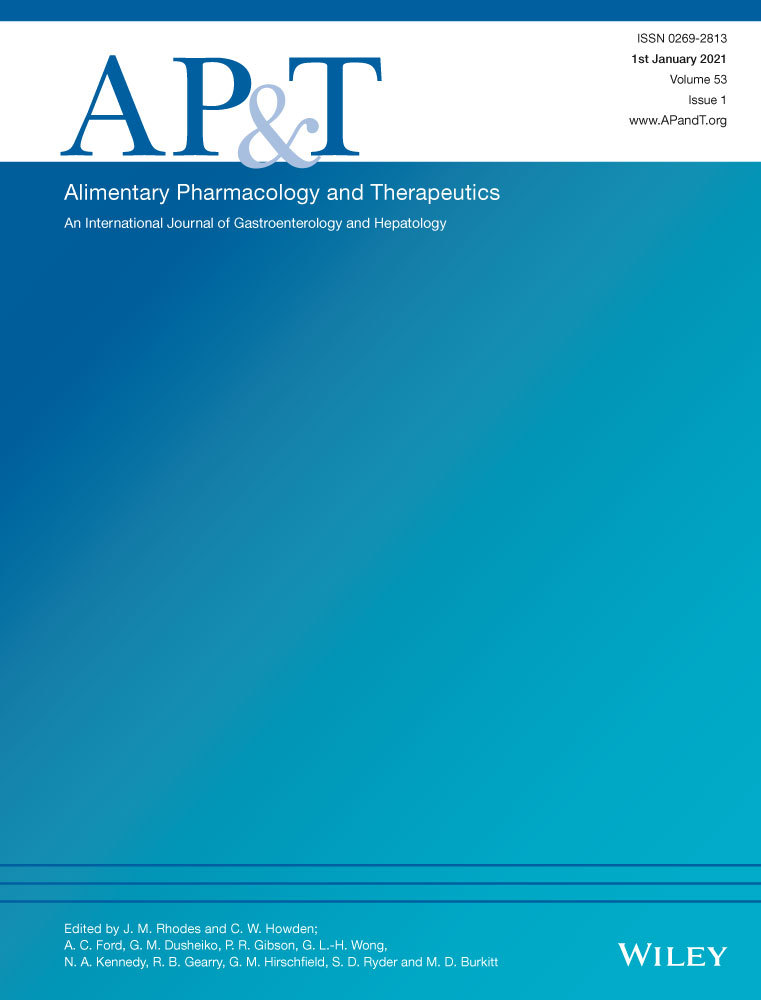Randomised clinical trial: high-dose oral thiamine versus placebo for chronic fatigue in patients with quiescent inflammatory bowel disease
Summary
Background
Fatigue is a burdensome symptom for patients with inflammatory bowel disease (IBD). Few pharmacological interventions have documented effect on fatigue in patients with IBD. A pilot study indicated a 20-day effect with high-dose thiamine.
Aims
To investigate the effect and safety of high-dose oral thiamine (600-1800 mg/d) based on gender and weight on chronic fatigue in patients with quiescent IBD.
Methods
This was a randomised, double-blinded, placebo-controlled crossover trial. Patients had quiescent IBD, severe chronic fatigue and no other explanation for fatigue. Patients were allocated 1:1 to either 1) high-dose oral thiamine for 4 weeks, 4 weeks of washout, 4 weeks of oral placebo or 2) oral placebo for 4 weeks, 4 weeks of washout, 4 weeks of high-dose oral thiamine. Fatigue was measured using the Inflammatory Bowel Disease-Fatigue Questionnaire. The primary outcome was improvement (≥3 points) of fatigue after 4 weeks on thiamine.
Results
Forty patients were enrolled between November 2018 and October 2019. Crossover analysis showed a mean reduction of 4.5 points (95% CI 2.6-6.2) in fatigue after thiamine compared with a mean increase of 0.75 point (95% CI −1.3-2.8; P = 0.0003) after placebo. Furthermore, 55% of group 1 and 75% of group 2 showed an improvement ≥ 3 points while on thiamine compared with 25% of group 1 and 35% of group 2 while on placebo. Only mild side effects were detected.
Conclusion
We showed a significant beneficial effect of high-dose oral thiamine on chronic fatigue in IBD. The treatment was well tolerated.
Trial registration: NCT03634735.
Open Research
DATA AVAILABILITY STATEMENT
The data that support the findings of this study are available from the corresponding author upon reasonable request.




